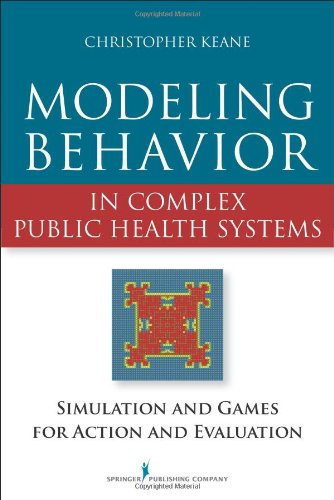

Most ebook files are in PDF format, so you can easily read them using various software such as Foxit Reader or directly on the Google Chrome browser.
Some ebook files are released by publishers in other formats such as .awz, .mobi, .epub, .fb2, etc. You may need to install specific software to read these formats on mobile/PC, such as Calibre.
Please read the tutorial at this link: https://ebookbell.com/faq
We offer FREE conversion to the popular formats you request; however, this may take some time. Therefore, right after payment, please email us, and we will try to provide the service as quickly as possible.
For some exceptional file formats or broken links (if any), please refrain from opening any disputes. Instead, email us first, and we will try to assist within a maximum of 6 hours.
EbookBell Team

0.0
0 reviewsThis graduate text is the first to present methods for modeling health behavior dynamics, using numerous online interactive simulations, downloadable programs, and examples of applications to planning interventions. The book examines behaviors that range from simple individual health protective actions to complex cooperative public health actions. It provides a user-friendly and effective method for teaching systems thinking, a core competency now required by the Association of Schools of Public Health.
The text presents evolutionary and ecological models of health behavior, which readers first explore using interactive online simulations. The fundamental principles of these models are explained through the book's narrative and demonstrated through the use of simple board games. The text then shows how to translate these board games into computational models using Netlogo, a free, user-friendly software. Thus no computer programming background is required. Readers will learn the basics of agent-based modeling of individual behavior, social network behavior, organizational behavior, spread of disease, and a variety of public health interventions. Applying these methods to public health systems, sample models introduce the dynamics of networks of organizations and how they can interact to protect health. A unifying theme throughout is how complex individual and collective health behavior develop from simple individual health decisions or behavior repeated over time. The book also includes a student's models at successive stages of learning, including her early-stage incorrect program, which readers can themselves try to correct. Students will learn to create their own models, use them to conduct simulated experiments, and apply these methods to planning and evaluating behavior change interventions. Each chapter provides online interactive models and downloadable sample programs.
Key Features: